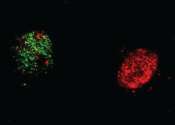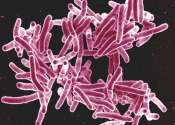Researchers move a step closer to developing at-home test to detect dementia
Tasmanian scientists are a step closer to developing a computer test that can detect dementia, decades before any memory symptoms emerge, recent research has found.
11 hours ago
0
19









